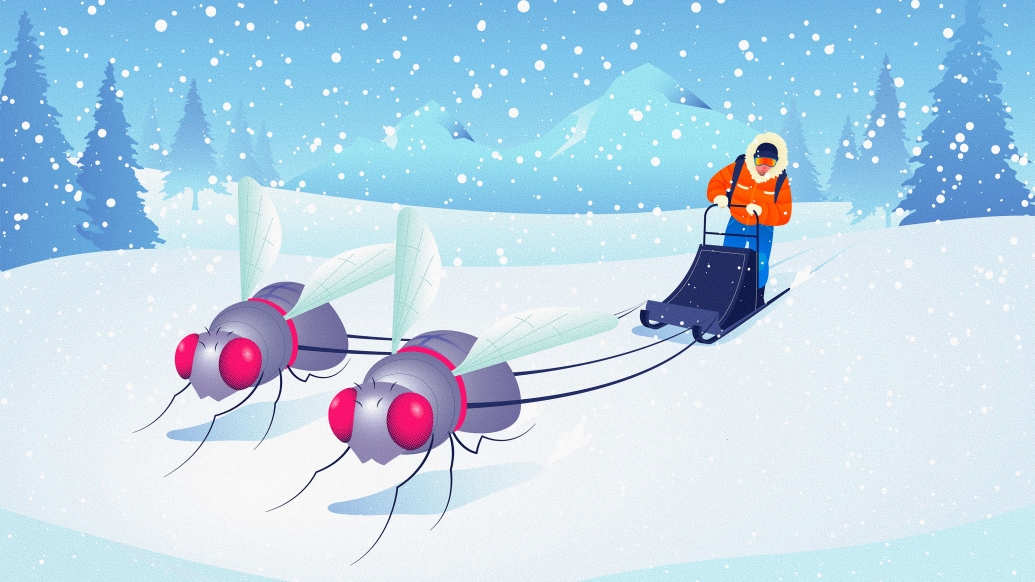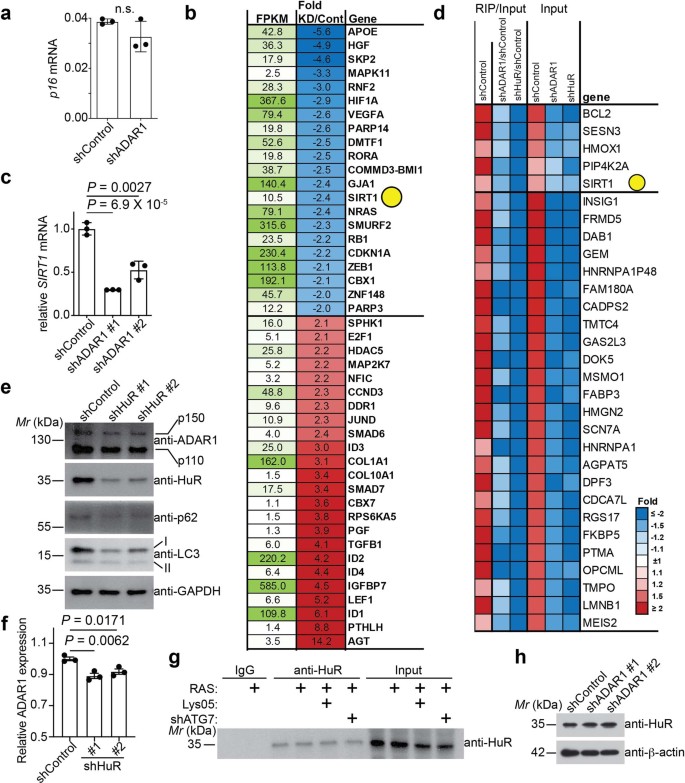
The gene, dubbed Iditarod, seems responsible for exercise’s ability to clean up damaged cells. As the days get shorter and chillier in the northern hemisphere, those who choose to work out in the mornings might find it harder to get up and running. A new study in PNAS identifies a protein that, when missing, makes exercising in the cold that much harder – that is, at least in fruit flies.
A team from University of Michigan Medical School and Wayne State University School of Medicine discovered the protein in flies, which they named Iditarod after the famous long distance dog sled across Alaska, while studying metabolism and the effect of stress on the body.
They were particularly interested in a physiological process called autophagy wherein damaged...
Read More









Recent Comments